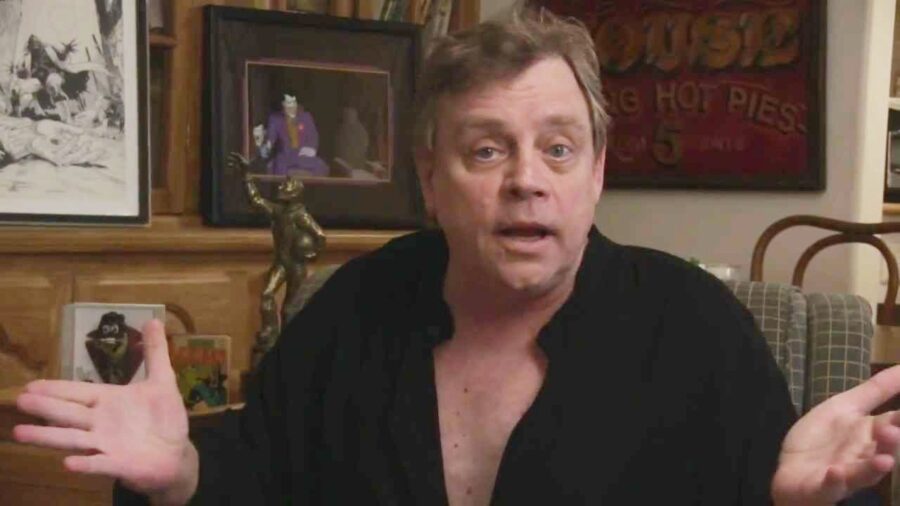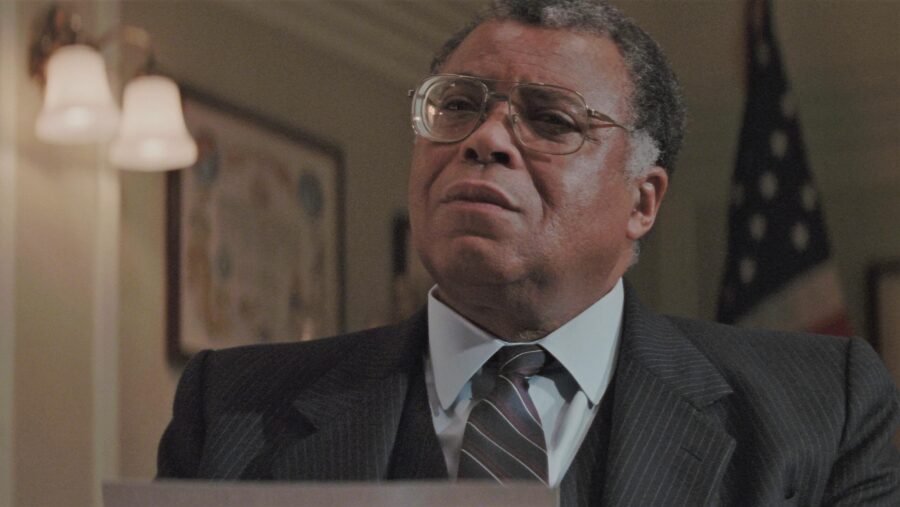Voice Actors Speak Out On AI Coming For Their Jobs
Professional voice actors are expressing fears about the expansion of AI in Hollywood.

Right now, it seems there are few things artificial intelligence can’t do. Star Trek fans are using programs like ChatGPT to make text-based adventure games on the fly, and even the Writer’s Guild of America is campaigning to let Hollywood writers use AI to help generate television and film scripts. This technology is also starting to impact voice actors, and SlashFilm reports that while there is a bit of optimism over how this tech could revolutionize their industry, there is still a lot of fear that AI voices are going to be abused.
In terms of voice actors who are making AI work for them, there is no better example than veteran Star Wars actor James Earl Jones. He has been the iconic voice of Darth Vader from the very beginning, and he began working with a company called Respeecher to use his old recordings in order to generate new Vader lines that Disney needs for newer Star Wars content. In many ways, this is a “best-case” scenario: the actor’s voice is being used with his full consent, and he is still able to make money from the use of his voice.

Some other companies have been touting the different ways that voice actors could benefit from the use of AI. This includes using the technology to record lines in a higher or lower register than the actor can naturally achieve or, more ambitiously, actors recording their own own database of lines. In theory, a voice actor who becomes really adept at this new technology could use it to record more lines and more sessions per day than they could by “only” using their natural voice.
Understandably, though, most voice actors are worried about the possibility of AI causing them to lose work. The bottom line for every Hollywood studio that wants to extensively use AI voicework is that they realize it is cheaper just to use their own in-house technology to generate voices than to pay professional actors. This is particularly egregious considering that many top actors barely make more than scale providing voices to properties that, once you account for toy sales, become billion-dollar franchises.
To make matters even more, some voice actors may not realize they have signed a contract allowing AI recordings of their voice to be made until it’s too late. Like Ursula from The Little Mermaid, more and more film and TV executives are trying to offer sneaky contracts that covertly authorize them to generate AI recordings based on someone’s voicework. Veteran voice actors usually spot these contract details and refuse to sign, but we could be looking at a new generation of voice actors that either don’t notice or just don’t care, and this could forever change the world of voice acting.
Interestingly, the most common refrain from voice actors when it comes to AI is that they wish the tech bros and Hollywood executives would work more closely with the talent on this matter. The talent understands the potential that AI has to offer, but they worry they’ll be closed out of its development by greedy executives who are simply desperate to save a buck or two. In this case, everyone involved could likely learn from James Earl Jones, who had years of experience playing someone “more machine than man” before voluntarily deciding to make AI a major part of his career.












